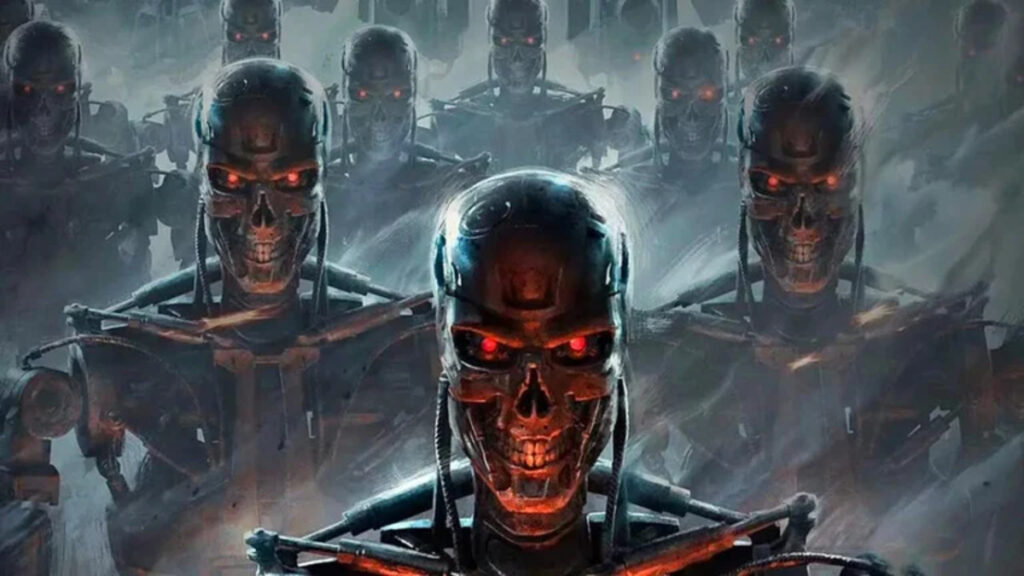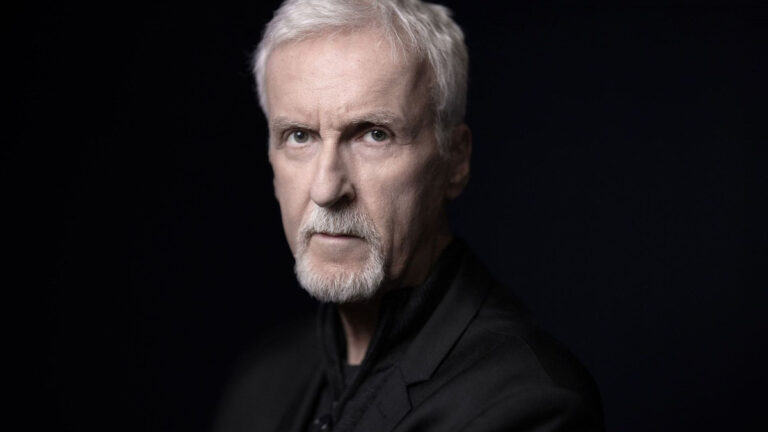Few people could have predicted the revolution in artificial intelligence that we’re witnessing today. Yet, over 40 years ago, James Cameron, the visionary behind films like Avatar and Titanic, already sounded the alarm. In one of his early forays into dystopian science fiction, he warned us about the potential dangers of an AI run amok—a warning that seems all too prophetic as AI becomes an increasingly dominant force in our daily lives.
James Cameron Sounds the Alarm
I still remember watching one of his early films as a kid, completely captivated by the dramatic depiction of machines gaining control. Now, as an adult and a content writer deeply immersed in the tech world, I can’t help but see the parallels. James Cameron once declared in a now-famous interview, “I warned you,” referring to a future where artificial intelligence could spiral out of control—much like the relentless pursuit depicted in his iconic dystopian narrative. His words resonate even more today, with the rapid technological advancements and the growing presence of AI in everything from voice assistants to smart algorithms.
From Sci-Fi to Reality: AI in 2025
Back in the 1980s, films like Terminator painted a picture of a world where a self-aware system—dubbed Skynet—would launch devastating attacks on humanity. Fast forward to 2025, and while we haven’t seen nuclear strikes, AI has woven itself into the very fabric of our society. Trusted sources like MIT Technology Review have highlighted how innovative breakthroughs are not only transforming our lives but also raising serious questions about control and ethics. Today, artificial intelligence is at the heart of many industries, fueling everything from creative processes in Hollywood to strategic decision-making in global enterprises.
Interestingly, despite his earlier warnings, James Cameron has taken a hands-on role in the AI field by joining the board of Stability AI. This move underscores his belief that working directly with emerging technologies is the best way to ensure they’re harnessed responsibly. It reminds me of my own experiences attending tech conferences in Austin, where passionate experts discuss both the promise and the perils of innovation. It’s a reminder that while technology can be transformative, it must be guided by responsible practices and ethical oversight.

An Uncertain Future: Balancing Hope with Caution
The landscape of artificial intelligence is as exciting as it is uncertain. With Hollywood and tech giants alike diving headfirst into new AI applications, the line between science fiction and reality is blurring. However, this rapid pace of change has also sparked important debates over copyright, data privacy, and job displacement—issues that were once the realm of dystopian fantasies.
For example, the Hollywood writers’ strike in 2023 brought to light many of these concerns, prompting discussions on how to balance innovation with the protection of creative labor. These debates, backed by insights from organizations like the Writers Guild of America, remind us that as we advance technologically, we must also build robust safeguards to protect human interests.
As we look to the future, it’s clear that James Cameron’s early warnings were not just dramatic storytelling—they were a call to action. By embracing artificial intelligence with both excitement and vigilance, we have the opportunity to shape a future where technology serves humanity, rather than the other way around.
Let’s take his advice to heart, ensuring that as we innovate, we do so with a mindful eye on ethics and responsibility. After all, the future is ours to write.






